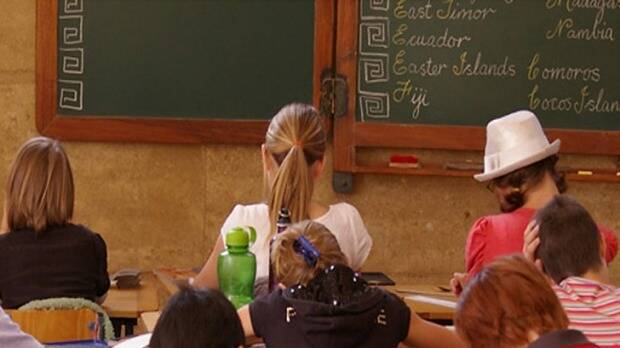
CASTLEMAINE Steiner school will offer placements to girls over boys after winning an exemption from gender-based discrimination laws.
Subscribe now for unlimited access.
or signup to continue reading
The school won the exemption amid concerns its female pupils were being "overwhelmed" by male students.
The exemption, under the Equal Opportunity Act, will help ensure that at least 35 per cent of the school's junior students are girls in a bid to address a gender imbalance at the school.
Boys currently make up 75 per cent of kindergarten and prep classes at the Steiner school, where there are concerns that such gender disparity will reduce opportunities for "social cohesion".
The Victorian Civil and Administrative Tribunal heard that young female students at the independent school were being overwhelmed, "particularly if boys engage in more robust play".
School head Amanda Colebrook said co-education was reliant on similar numbers of enrolments of both genders, but that while the school did not want a 50/50 ratio, it was aiming for a higher proportion of girls in junior classes.
A submission from two parents opposed to the exemption said the gender target was inconsistent with equal opportunity and could have an impact on whether students felt positive and safe with each other.
Their submission also said it would send a negative message to male students and the broader community, by suggesting the school believed there was something wrong with boys in large numbers.
However, VCAT member Anna Dea said one of the aims of the co-education model was to prepare children for a society that is usually more evenly mixed.
"I do not understand the exemption application to contain an implication that boys in large numbers are regarded as unsafe for girls or unwelcome," she said.
"The concern is to give boys and girls opportunities to be with a number of children of their own gender, but also, in circumstances of approximate equality of numbers, to interact with the other gender."
The school will be able to limit the number of boys enrolling in junior classes that are nearing capacity for the next five years.
- The Age

